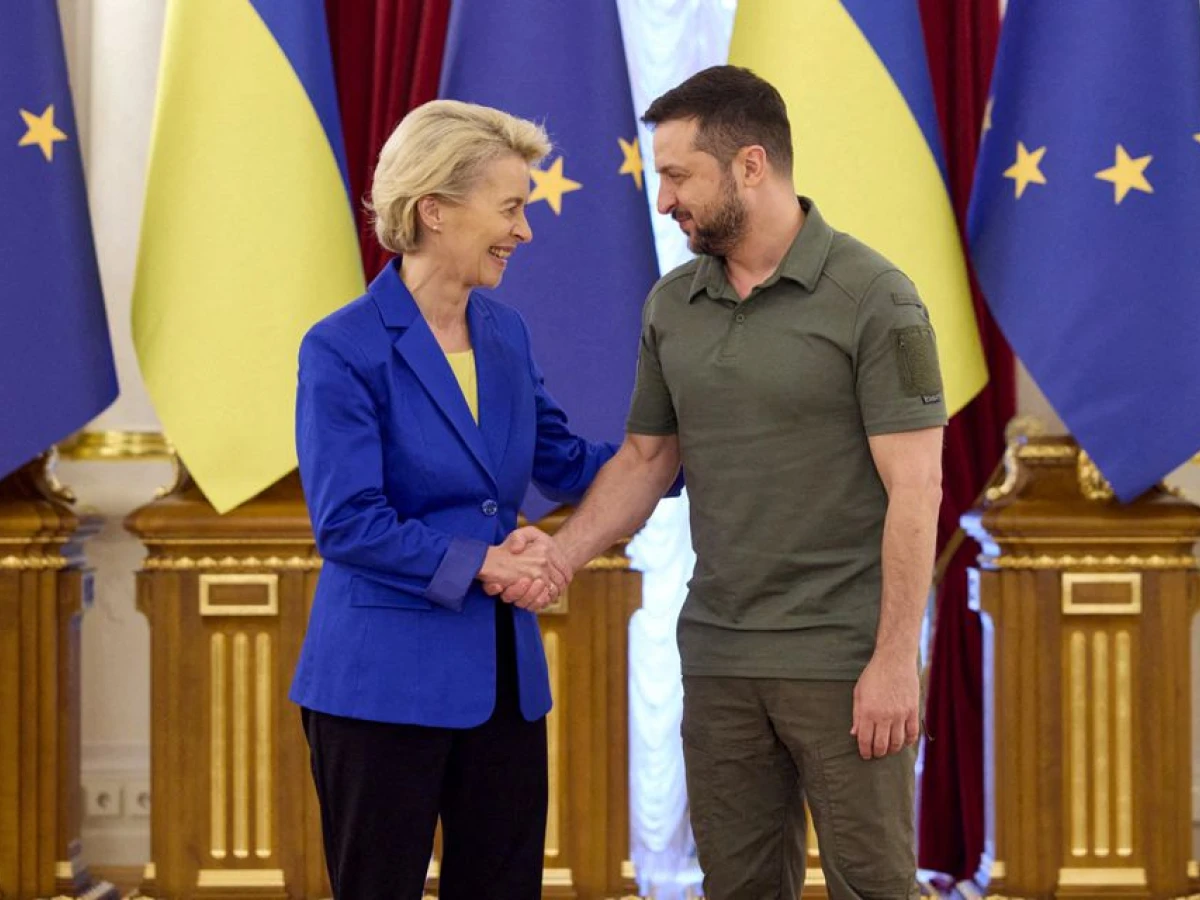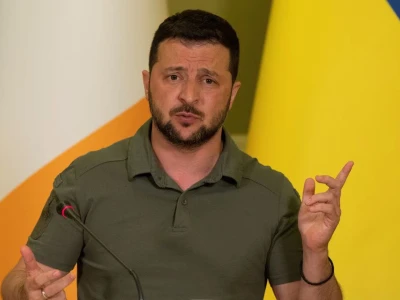
EU agrees $60 Russian oil price cap, holdout Poland backs deal
Russian Urals crude traded at around $67 a barrel on Friday.
BRUSSELS, Dec 2 (Reuters) - The European Union on Friday agreed on a $60 per barrel price cap on Russian seaborne crude oil, after holdout Poland gave its support, paving the way for formal approval over the weekend.
Warsaw had resisted the proposed level as it examined an adjustment mechanism to keep the cap below the market price. It had pushed in EU negotiations for the cap to be as low as possible to squeeze revenues to Russia and limit Moscow's ability to finance its war in Ukraine.
Polish Ambassador to the EU Andrzej Sados on Friday told reporters Poland had backed the EU deal, which included a mechanism to keep the oil price cap at least 5% below the market rate. U.S. officials said the deal was unprecedented and demonstrated the resolve of the coalition opposing Russia's war.
The price cap, an idea of the Group of Seven (G7) nations, aims to reduce Russia's income from selling oil, while preventing a spike in global oil prices after an EU embargo on Russian crude takes effect on Dec. 5.
A spokesperson for the Czech Republic, which holds the rotating EU presidency and oversees EU countries' negotiations, said it had launched the written procedure for all 27 EU countries to formally greenlight the deal, following Poland's approval.
Details of the deal are due to be published in the EU legal journal on Sunday.
EU SEES SIGNIFICANT HIT TO RUSSIAN REVENUES
European Commission President Ursula von der Leyen said the price cap would significantly reduce Russia's revenues.
"It will help us stabilise global energy prices, benefiting emerging economies around the world," von der Leyen said on Twitter, adding that the cap would be "adjustable over time" to react to market developments.
The G7 price cap will allow non-EU countries to continue importing seaborne Russian crude oil, but it will prohibit shipping, insurance and re-insurance companies from handling cargoes of Russian crude around the globe, unless it is sold for less than the price cap.
Because the most important shipping and insurance firms are based in G7 countries, the price cap would make it very difficult for Moscow to sell its oil for a higher price.
The White House on Friday welcomed progress on the cap.
"A price cap will help limit Mr. Putin's ability to profiteer off the oil market so that he can continue to fund a war machine that continues to kill innocent Ukrainians," national security spokesperson John Kirby told reporters.
The U.S. Treasury said it would review the final details once the agreement was finalized.
"This unprecedented action demonstrates the unity of the United States and our allies and partners and we look forward to working with the coalition to quickly finish implementation of the price cap,” Treasury spokesman Michael Gwin said.
The chair of the Russian lower house's foreign affairs committee told Tass news agency on Friday the European Union was jeopardising its own energy security.
The initial G7 proposal last week was for a price cap of $65-$70 per barrel with no adjustment mechanism. Since Russian Urals crude already traded lower, Poland, Lithuania and Estonia pushed for a lower price.
Russian Urals crude traded at around $67 a barrel on Friday.
EU countries have wrangled for days over the details, with those countries adding conditions to the deal - including that the price cap will be reviewed in mid-January and every two months after that, according to diplomats and an EU document seen by Reuters on Thursday.




